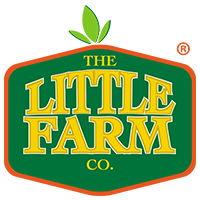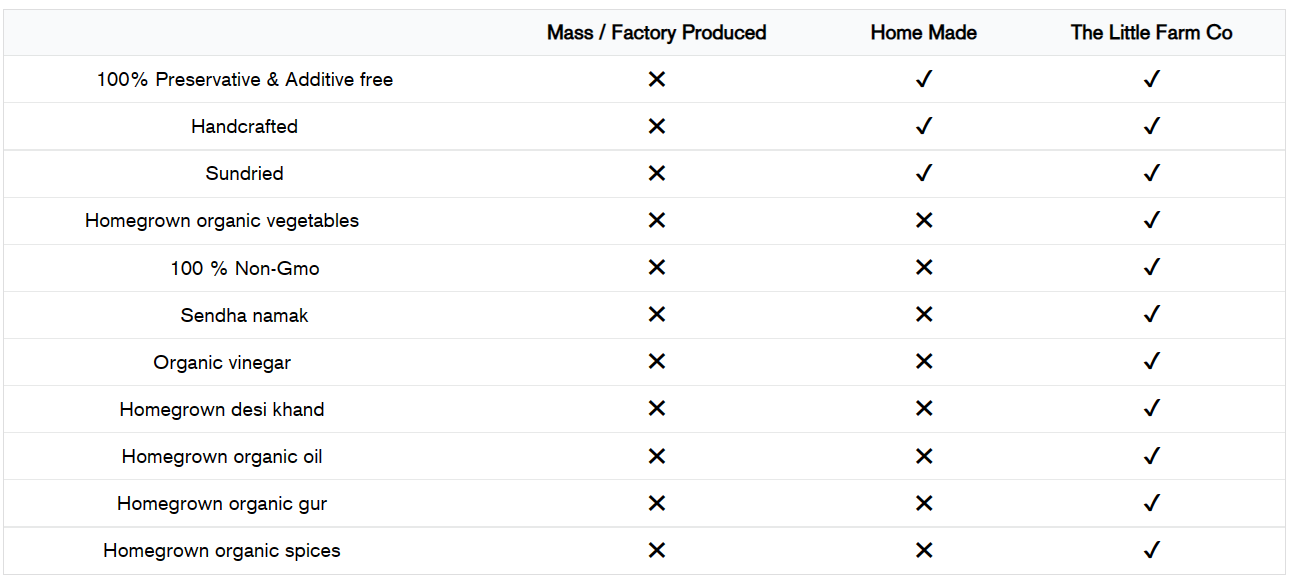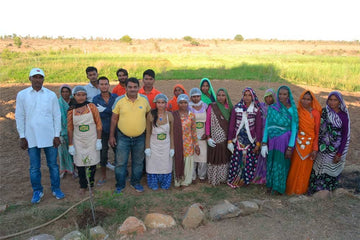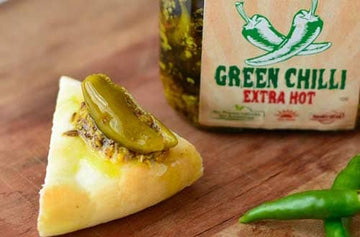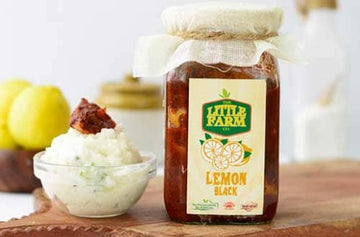It is delicious
Thank you so much for your kind words. We truly appreciate your support and look forward to serving you again soon!
Green Chilli Pickle
Thank you so much for your kind words. We truly appreciate your support and look forward to serving you again soon!
10/10
Thank you so much for your kind words. We truly appreciate your support and look forward to serving you again soon!
10/10
Thank you so much for your kind words. We truly appreciate your support and look forward to serving you again soon!
Amla Murabba
Thank you so much for your kind words. We truly appreciate your support and look forward to serving you again soon!
